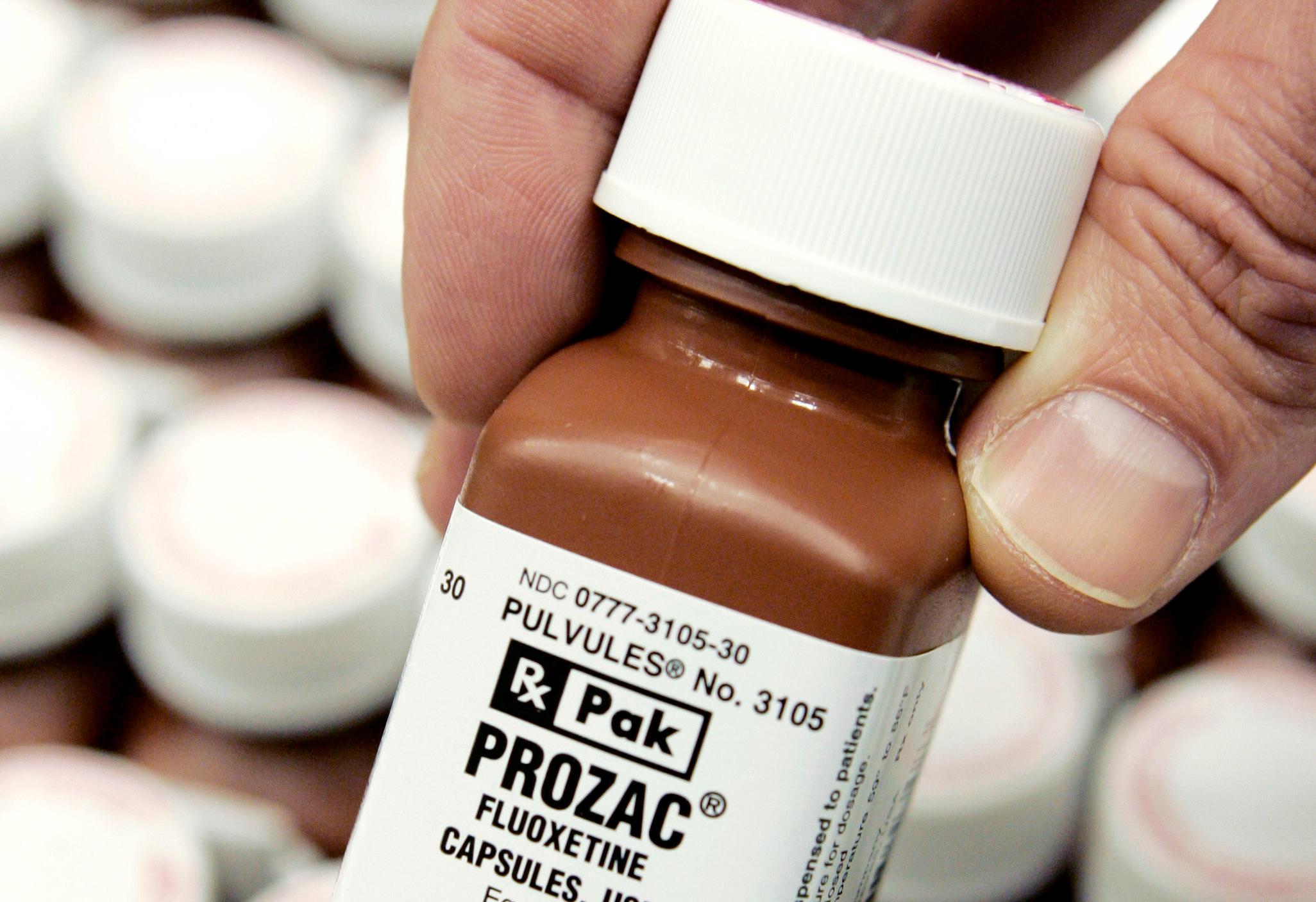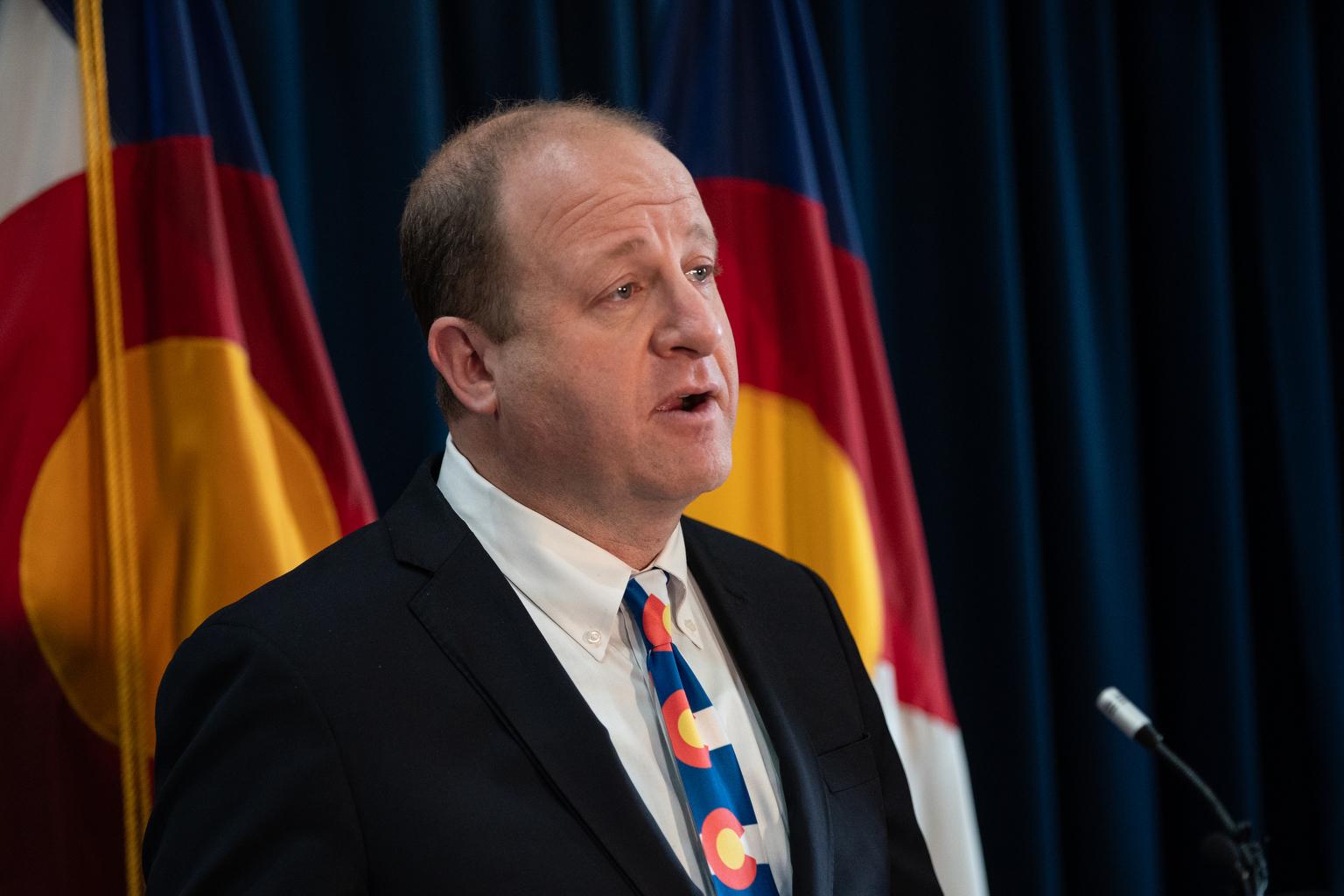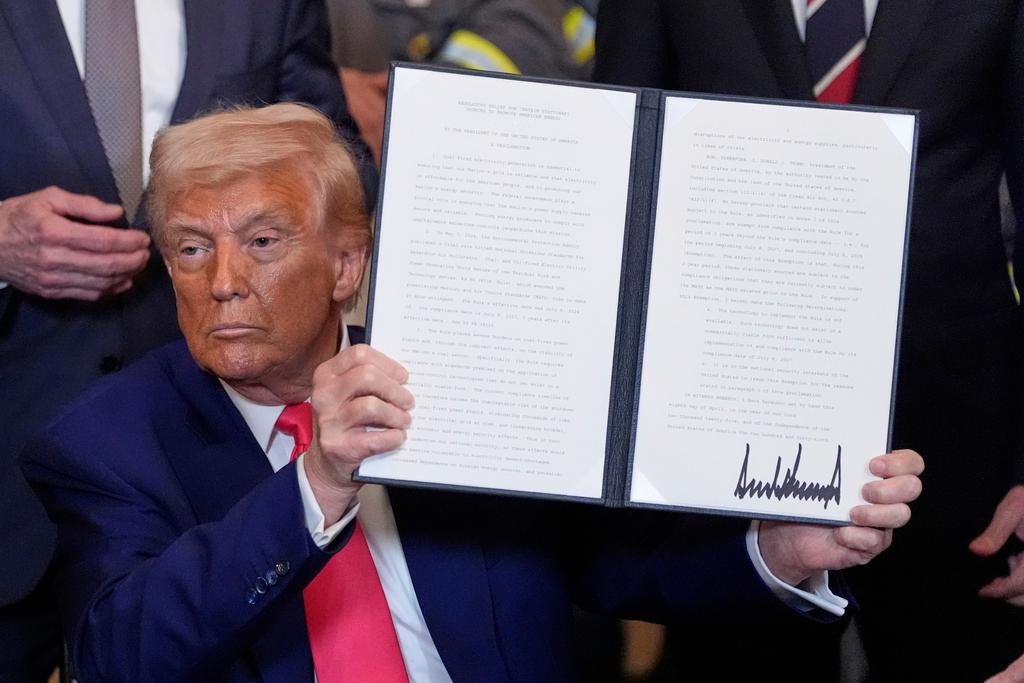
Severe depression hit Amelia Federico in her junior year of high school.
The Denver resident, who now attends MSU Denver, recently told a legislative committee that simple tasks, like making breakfast, began to feel impossible.
She searched for months to find a psychologist she felt safe with — and who took her insurance. But when they recommended she start taking anti-anxiety medication, Federico received a hard shock.
“I think to myself, this will be a straightforward process: my therapist will call in the medication, my pharmacy will provide for me,” she testified. “I was terribly mistaken.”
As a psychologist, her therapist didn’t have the authority to write the prescription they were recommending, requiring Federico to seek out a new provider who could.
“This took a lot of money, time and energy, a process that feels impossible to someone who is depressed. I still remember the feeling when I saw the typical copay for psychiatrists in Colorado — $100… $100 is a month’s worth of groceries in my household.”
Unable to afford the copay, she did not get the prescription.
Federico is currently a policy fellow for Young Invincibles, an advocacy organization for issues around health care, finances, civic engagement and higher education. She was urging state lawmakers to pass a bill that would let psychologists write prescriptions, after going through extra education and training.
“It is no secret that young adults are facing a mental health crisis and we must, as a collective, take action on this fact to make sure mental health supports are accessible,” she said.
On Thursday the House passed the bill Federico testified for, HB-1071, which would pave the way for psychologists who complete additional schooling and training to prescribe psychotropic medications to their patients. It cleared the chamber on a vote of 56-6 with widespread support from lawmakers in both political parties. It now heads to the Senate.
“I am seeing a huge need and a critical gap in providing the support for mental health for youth in particular,” said pediatric psychologist Dr. Jin Lee. She’s the chair of the state’s prescribing psychology task force.
“And that doesn't limit it to just the prescribing part, but also combining the therapy and the medication management part has been lacking big time. And so a lot of patients that I see and have been seeing, have been having a hard time finding a prescriber who can understand the nuance of their child's needs.”
Typically a psychiatrist prescribes medication but is not involved in providing talk or other types of therapy.
While the measure has broad legislative support, large swaths of the medical community oppose it, including the American Society of Pediatrics, Colorado Chapter of Emergency Physicians, Colorado Medical Society, Colorado Psychiatric Society, Denver Health and Kaiser Permanente. (Kaiser is a financial sponsor of Colorado Public Radio.)
Dr. Cassana “Cassie” Littler, president of the Colorado chapter of the American Academy of Pediatrics, said doctors like her share the goal of addressing the youth mental health crisis but warned that this policy isn’t the right approach.
“I'm really concerned that it's dangerous to our most vulnerable patients and undermines the decades of hard work that we've done as a state to provide comprehensive integrated behavioral healthcare,” said Littler at the bill hearing.
She argued that pediatricians are increasingly familiar with treating their young patients’ behavioral health needs and are better equipped to oversee any psychotropic prescriptions.
“We're concerned about the safety of having non-medically trained providers prescribe powerful psychotropic medications without the medical training to appropriately care for side effects that come with prescribing, and deprescribing, medications to children,” she said.
Republican state Rep. Scott Bottoms of Colorado Springs shares Littler’s concerns. He voted against the bill and urged lawmakers to take seriously the warnings from many on the front lines of medical treatment who don’t think it’s a good idea. Bottoms said it’s not clear that psychologists could provide the highest levels of care to ensure safe and effective treatment.
“They're still not even close to having the training they need for even basic psychotropic drugs,” he said of psychologists. “And I think any person in this room that has dealt with these as an adult, dealt with psychotropic drugs personally, you know how difficult it is even as an adult to figure out these balances, these chemical balances within our mind and within our bodies.”
The measure is part of a broader trend in Colorado of lawmakers trying to increase health care access by removing some of the hurdles within the medical profession.
Another bill this year aims to reduce red tape to make it easier for mental health professionals to work with students in K-12 schools. Supporters say it could be especially helpful in rural areas.
But the proposals often meet with resistance. Last session, a bipartisan group of lawmakers defeated a bill to give physician assistants more freedom and responsibility, after strong pushback from the Colorado Medical Society and concerns about the potential negative impact on patient care.
If HB-1071 becomes law, psychologists must first have a PhD and then complete a master’s degree in clinical psychopharmacology, along with at least 750 hours of practical training under a physician’s supervision in order to write prescriptions. They would also need a peer review approved by Colorado Medical Board and have to go through 40 hours of continuing education every two years. And psychologists would still be significantly more limited than psychiatrists in terms of what they could prescribe.
Patients would need to sign a form acknowledging that they understand their psychologist is not a physician.
A handful of states have already passed this type of law, and the U.S. Department of Defense allows a similar policy.
Psychologist Dr. David Schroeder works at the Veterans Health and Trauma Clinic in Colorado Springs. He thinks the legislation will help many veterans in Colorado who often have to wait months for medication.
“The major reason for that is that those psychiatrists are overworked and overwhelmed. So we have patients that really need to be seen for their medication, for their depression and their post-traumatic stress disorder to help alleviate some of their symptomatology so that they're no longer a danger to themself,” Schroeder said. “These guys are waiting two and three months to get a first meeting with the psychiatrist.”
He said that means a follow-up appointment could be another four months away, “which in the early stages of medication, particularly for high-risk populations, is really woefully inadequate.”
Colorado has 2,817 licensed psychologists and 805 licensed psychiatrists, according to 2022 figures from the Department of Regulatory Agencies, provided by the non-profit Healthier Colorado, which supports the bill.









